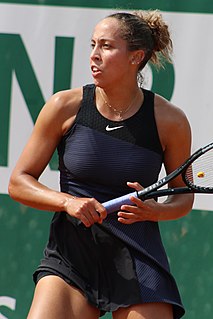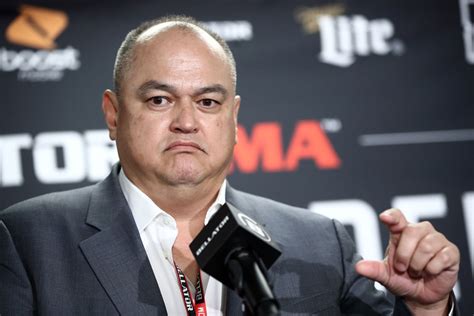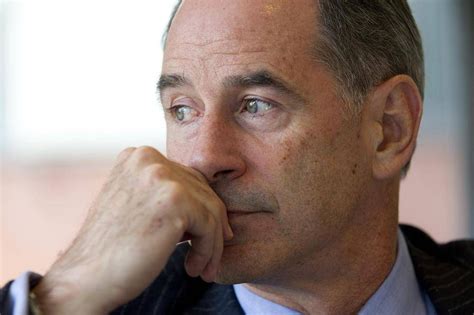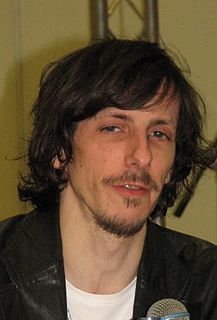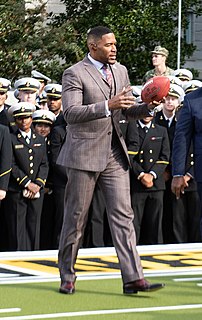A Quote by Jeff Nichols
My characters are not thinking about the act breaks. They're thinking about what they need to do to move forward. As long as I focus on that, the story starts to progress. As soon as I think, 'We're 20 pages in, something better blow up,' we're in trouble.
Related Quotes
My thought process when I'm on the court is always thinking about getting better, and thinking about how I'm playing. Thinking about it as a process, as the big picture and what I need to work on, instead of being close-minded and thinking, 'I'm so nervous and have to win this match, if I don't, it'll be the worst.'
In order to have a hope of creating better answers, we need to deeply understand the logic of the opposing answers. That means thinking about how we think about both models - not just do we like one versus the other. Rather we have to ask: How do I think each model produces the results that it does? Metacognition, thinking about thinking, builds up our capacity to do that and to play with opposing ideas - and new models - in real time.
Spaces of liberation are, in a certain way, some kind of social spaces where people can not only get together and think about something else, but also act together. If you are thinking about an elemental solidarity, you are thinking about people acting together and taking decisions together, and thereby beginning to think about what sort of society they want to create. So, there is a need for liberated spaces; that is really difficult.
When I'm shaving, I'm thinking about what I need to accomplish that day. If it's game day, I'm thinking about schemes, thinking about my matchup for that game. If it's practice, I'm thinking about what film we're going to watch. Or if it's a recovery day, I'm thinking of what body parts are aching and what I want to work on.
Something like missing a shot, and the next play you're thinking about it, or you give up a play on defense and you're thinking about it, you're frustrated about it, what's happening is that you're really thinking about yourself. You're not connected to the team. And you have to be connected, or those few plays add up.
The sexual act - thinking about the sexual act, the telling about the sexual act, after the sexual act, is so much more important than the actual sexual act - just in time. It's like of the whole sexual act, you probably spend 95% of the time thinking about it, talking about it afterwards. The actually sexual act, especially when you're 17, is minutes.
When you're a 20-something-year-old athlete and you're getting a six-figure check every week, you're not thinking about next week. You're not thinking, 'I'm going to be broke,' or 'I'm going to need another job.' But I'll tell you, there are a lot of broke athletes out there - I know plenty - and I didn't want to end up as one.

